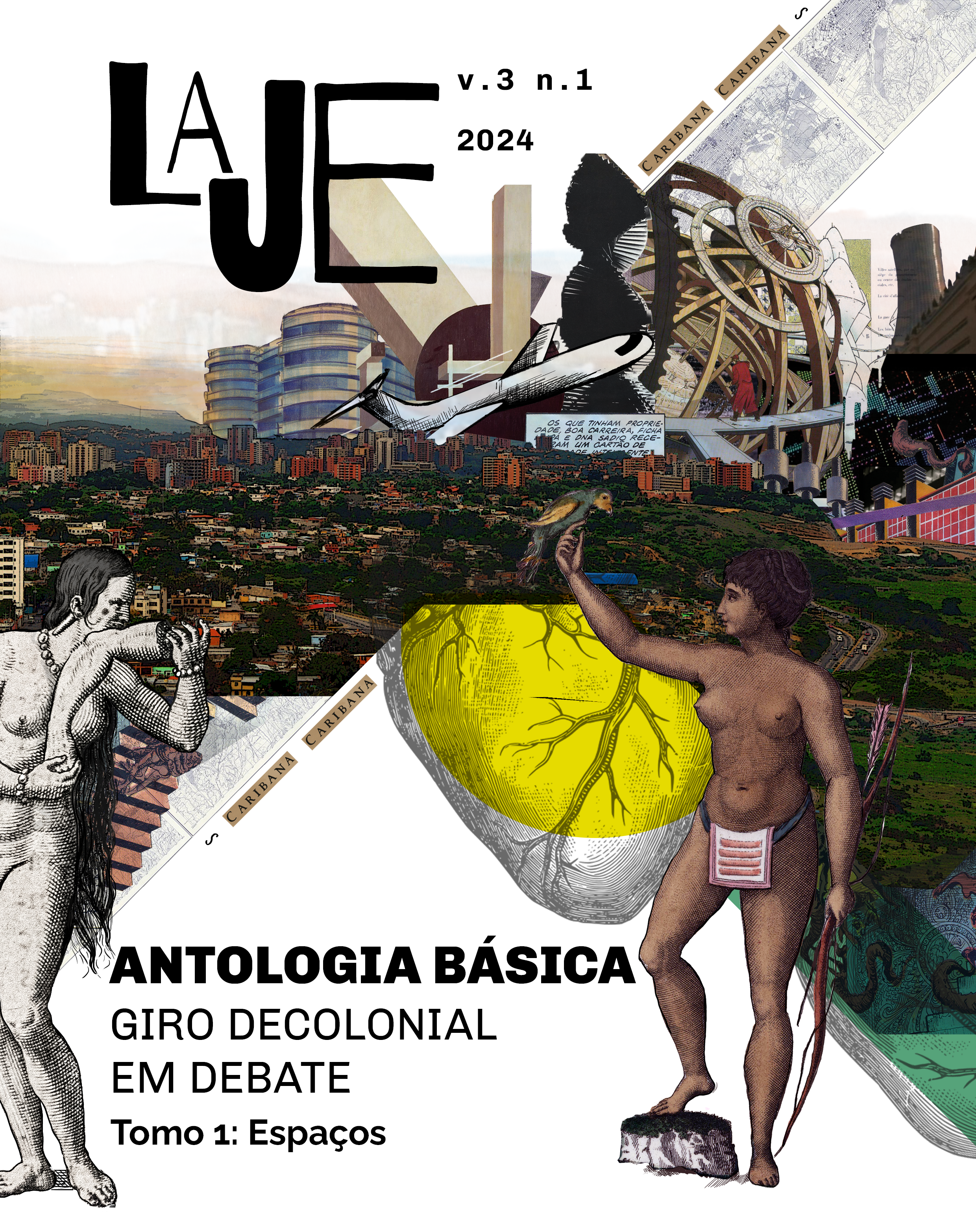Archaeology, landscape, and heritage
from coloniality to decoloniality of practices
DOI:
https://doi.org/10.9771/lj.v3i0.60555Keywords:
Landscape, Heritage, Archaeology, ColonialityAbstract
There is no doubt that the concepts of Landscape, Heritage, and Archaeology not only denote a modern, Western, and European origin but also represent a new way of seeing associated with an ideological and class-based vision, invented at a specific moment in history. This new politics of vision was based on and reproduced one of the foundational separations of modern knowledge: the Cartesian split between mind and body. Since then, the Renaissance gaze established an idea of landscape as an exteriority capable of measurement, equivalent in all its parts, homogeneous, constant, and separate from the human realm. It is also true that this view sought to be overcome in light of new theoretical contributions in which it began to be perceived that places and landscape had and have special meanings for people over time, and that these values are related to social practices and symbolic connotations attributed to the environment. Thus, the landscape ceased to be considered merely as an external and passive physical entity to which humans adapted, to be recognized as part of a cultural process.


